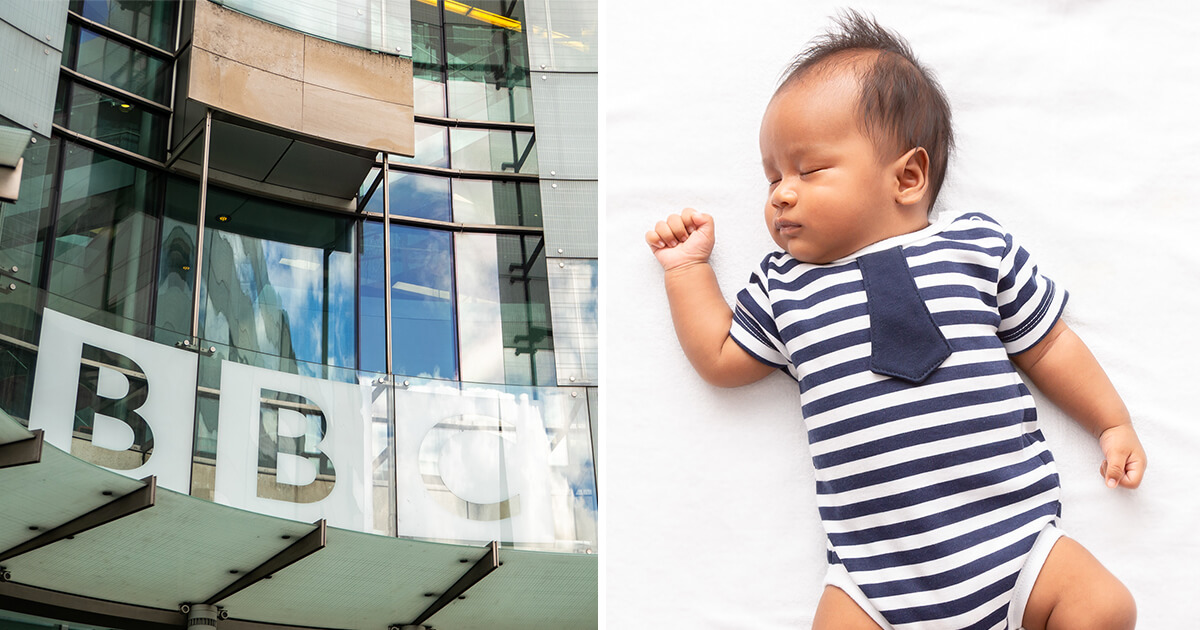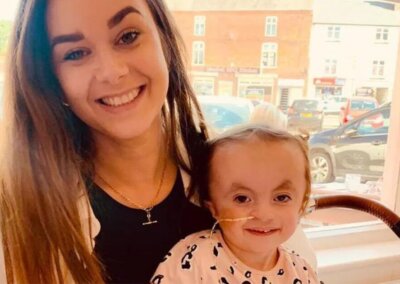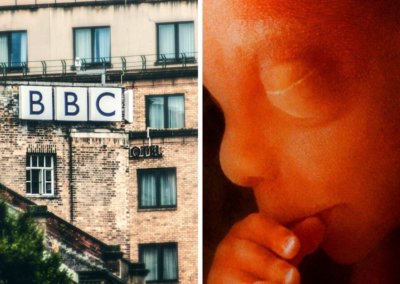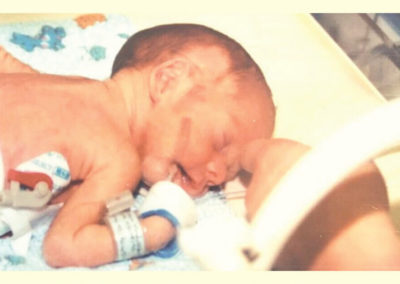The BBC has upheld a complaint of bias over its coverage of the UK Government voting to impose abortion on Northern Ireland.
Andrew Todd complained to the BBC after news coverage of the parliamentary vote last year only showed interviews with people who were pro-abortion and in favour of the extreme change in law.
The BBC initially responded by claiming it had approached a number of potential pro-life contributors but was unable to source an interview with anyone who opposed with the vote.
However, Andrew then contacted five pro-life charities who all confirmed they had not been approached by the ‘impartial’ public broadcaster for comment.
This prompted Andrew to file a “stage 2” complaint to the BBC Executive Complaints Unit, The ECU admitted earlier this month that “due impartiality” was not achieved and would brief production teams.
A couple of months after this incident, the BBC’s political editor for Northern Ireland referred to the picture of a premature baby on a pro-life postcard as a foetus.
The insensitive comments were made live on BBC Newsline, by Mark Davenport, just hours before a law imposing Europe’s most extreme abortion legislation on the province came into force.
In the build-up to a debate on the Northern Ireland (Executive Formation) Bill, the BBC drew attention to an amendment, that eventually brought Europe’s most extreme abortion regime to Ireland, calling it an “exciting titbit“.
For a number of years the BBC’s ‘News Style Guide’ has required their journalists to ‘avoid pro-abortion, and use pro-choice instead’. When it comes to describing the pro-life position they advise journalists to ‘use anti-abortion rather than pro-life’.
The BBC has also been caught suppressing polling they commissioned for a documentary, called Abortion on Trial, which showed that there was no widespread support for further liberalising the existing law.
Instead, in the documentary that aired, the BBC cherry-picked minority results from polling that supported what appeared to be a clear bias in the documentary towards removing the current legal restrictions and safeguards around abortion.
The same documentary was also criticised for dropping a pregnant woman from their panel who had chosen not to abort her daughter who had Down’s syndrome.
Responding to the outcome of the complaint, Director of Advocacy of pro-life group Life Charity, Liz Parsons, said:
“The BBC has for many years been widely seen as being on the side of the abortion lobby. Its behaviour on Tuesday 9 July 2019 was just one of the many instances in which it gives precedence to the pro-abortion side of this debate. We commend Mr Todd for taking the BBC to task about its biased reporting and we urge other viewers to do the same in future.
“As a public broadcaster in receipt of public funds, the BBC has a duty and obligation to be impartial in its reporting. Its coverage of abortion and assisted suicide must reflect the views of all sides of the debate in a fair and balanced way.
“We hope this ruling will help guide the behaviour of the BBC in future. We also call on the regulator, OFCOM, which disappointingly refused to hear this complaint, to step up and do its duty to hold the BBC to account.”











